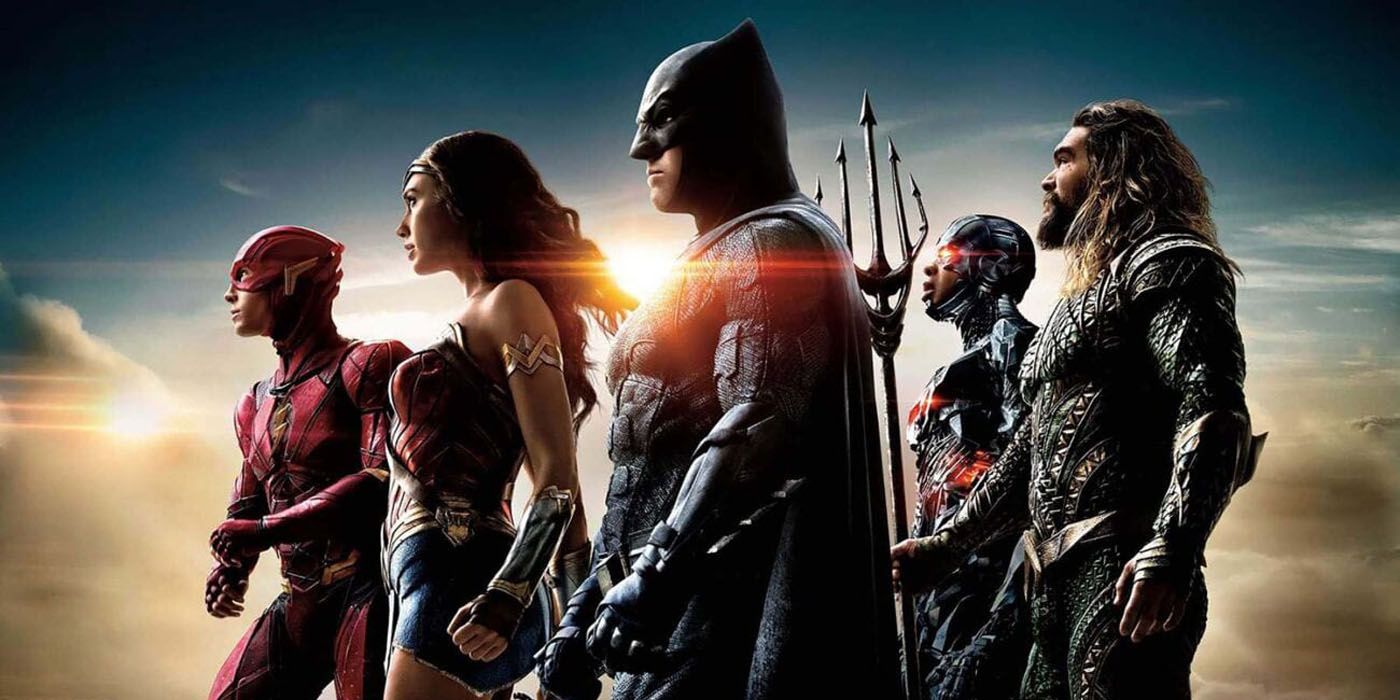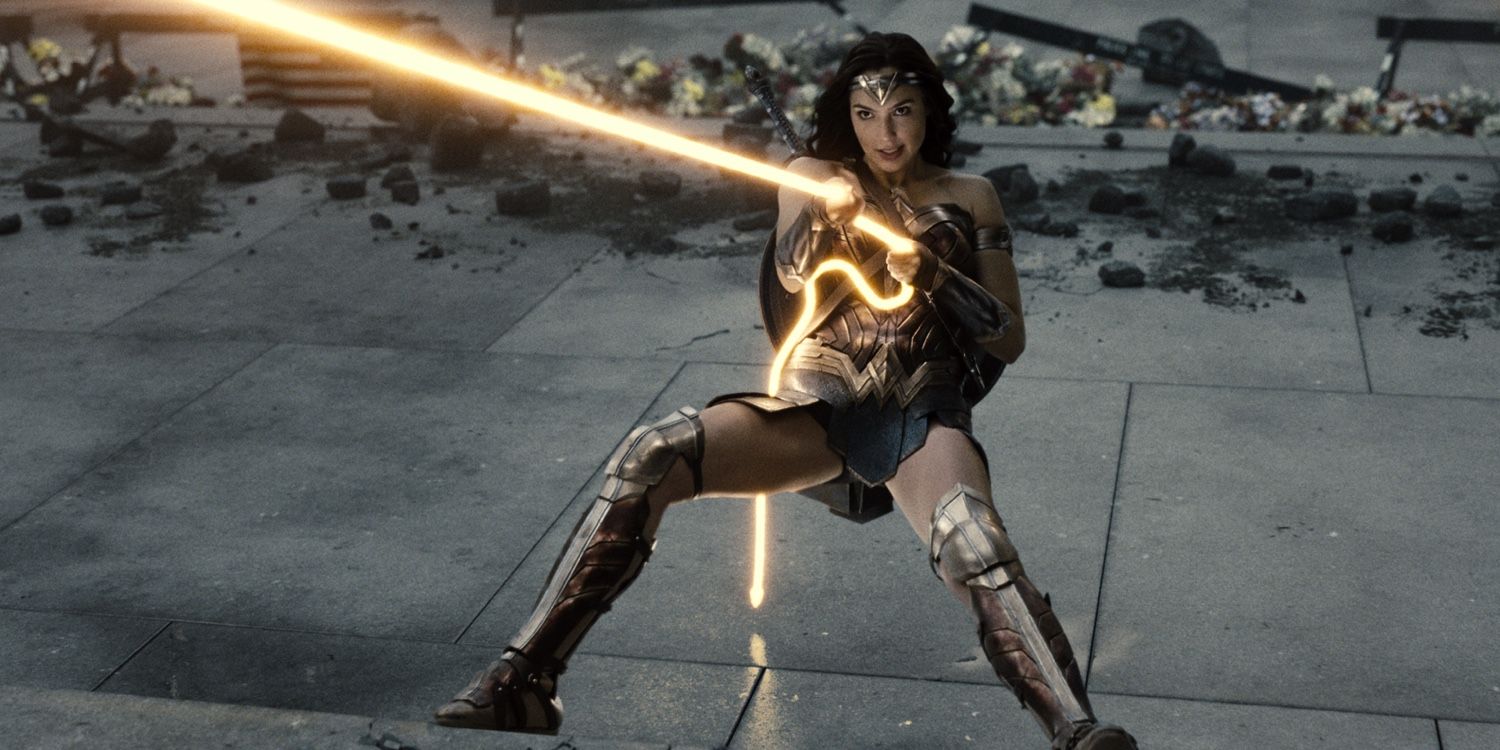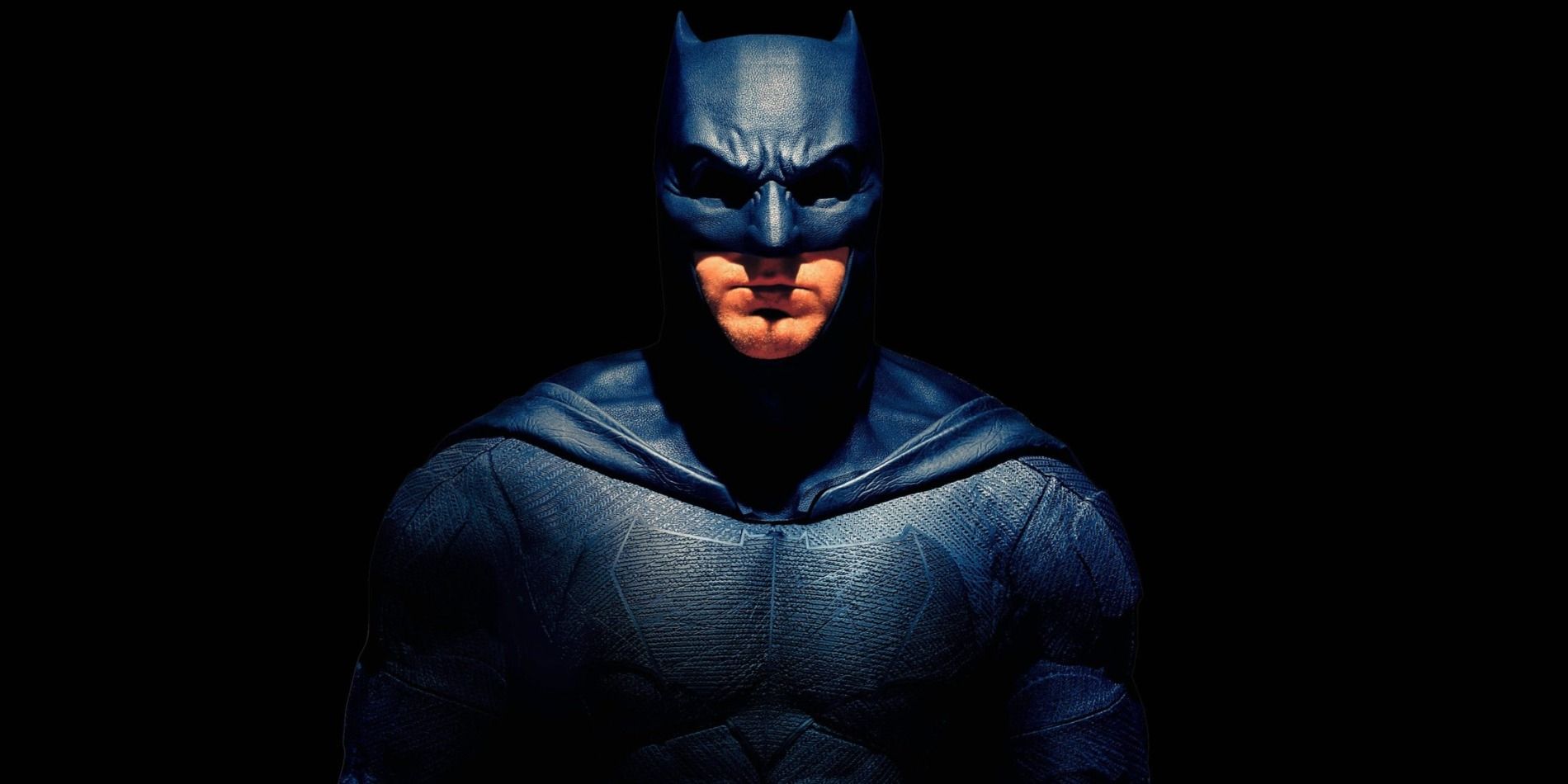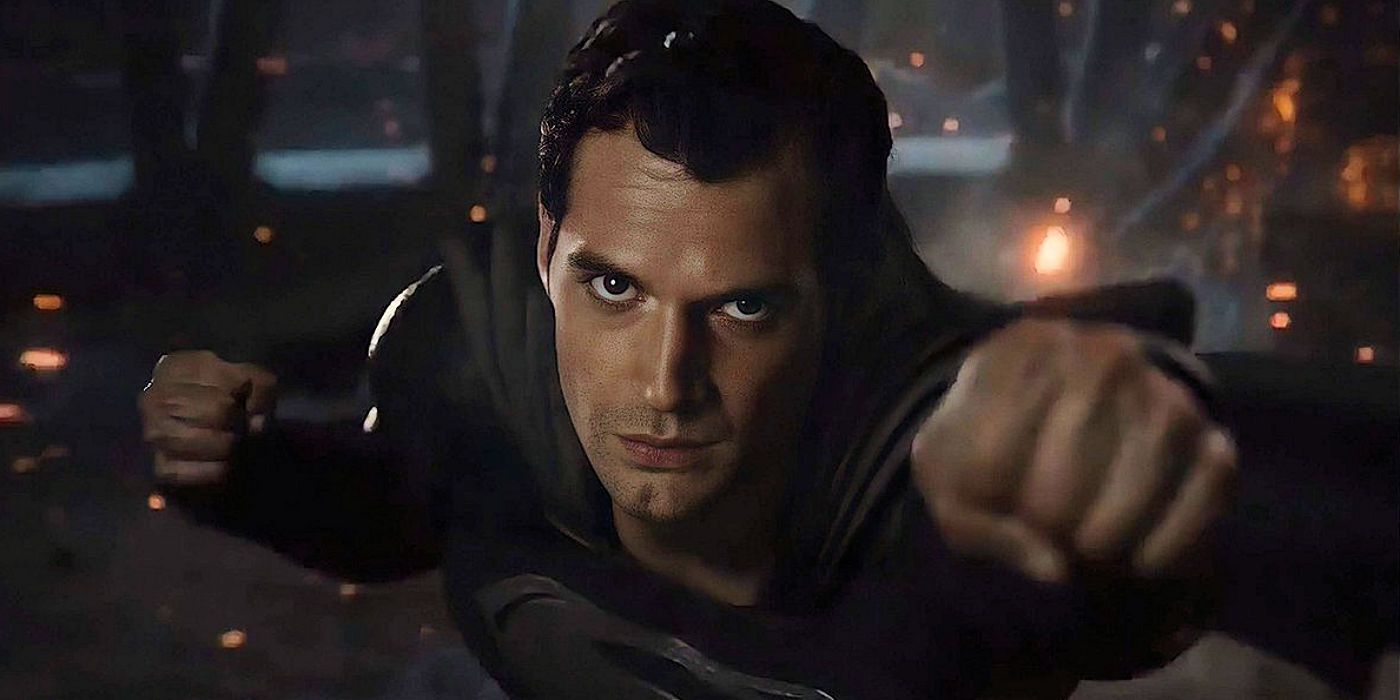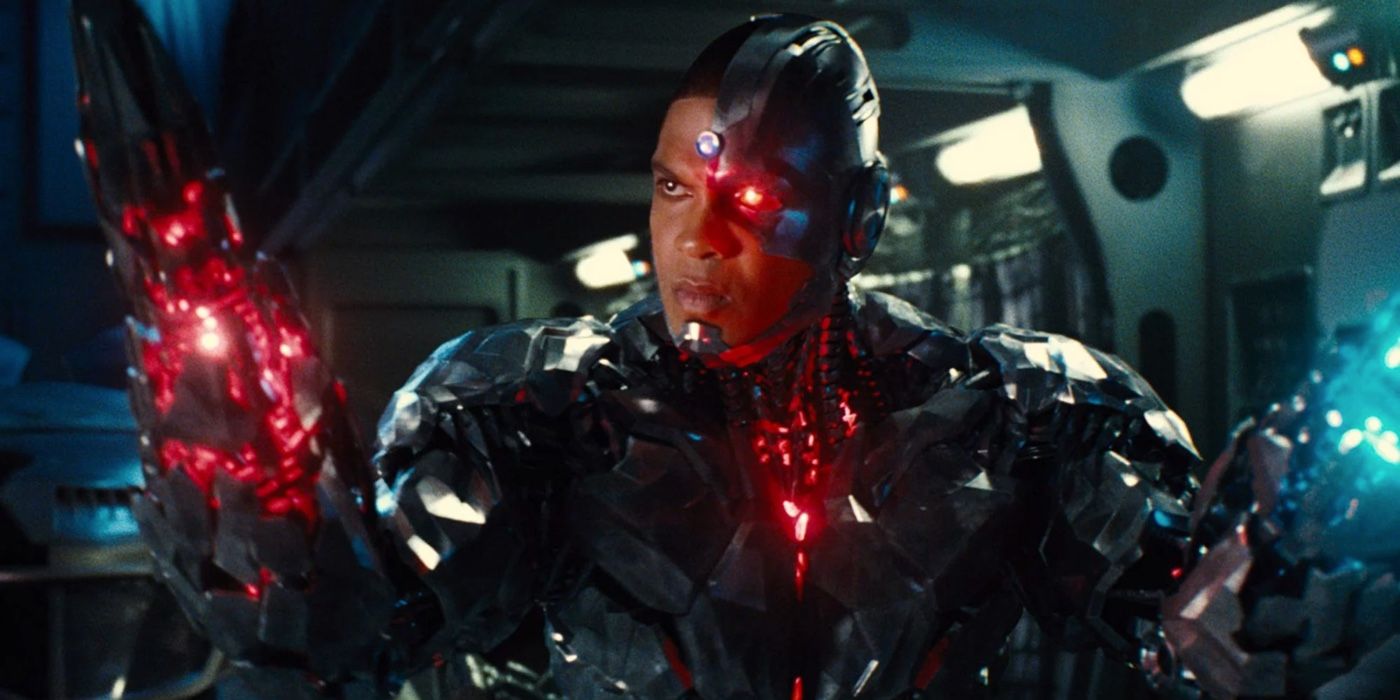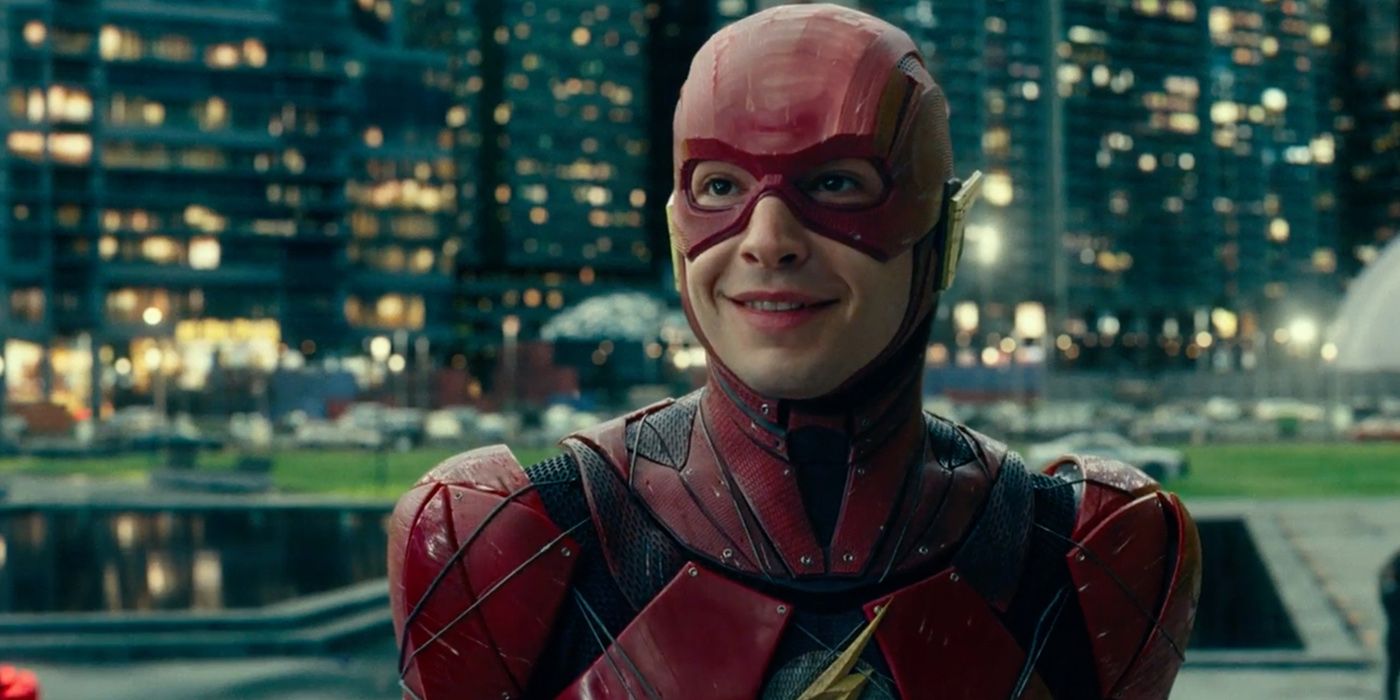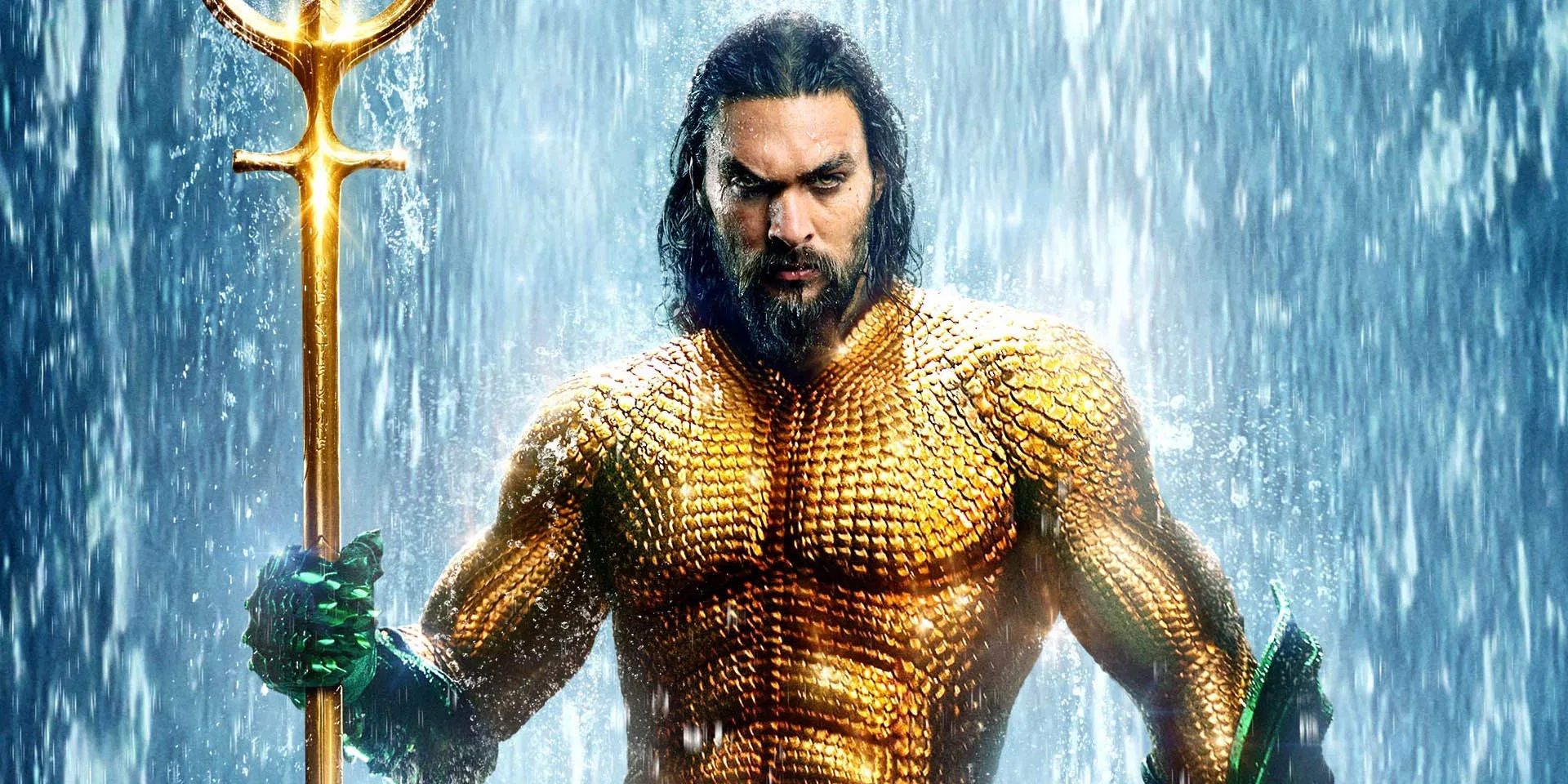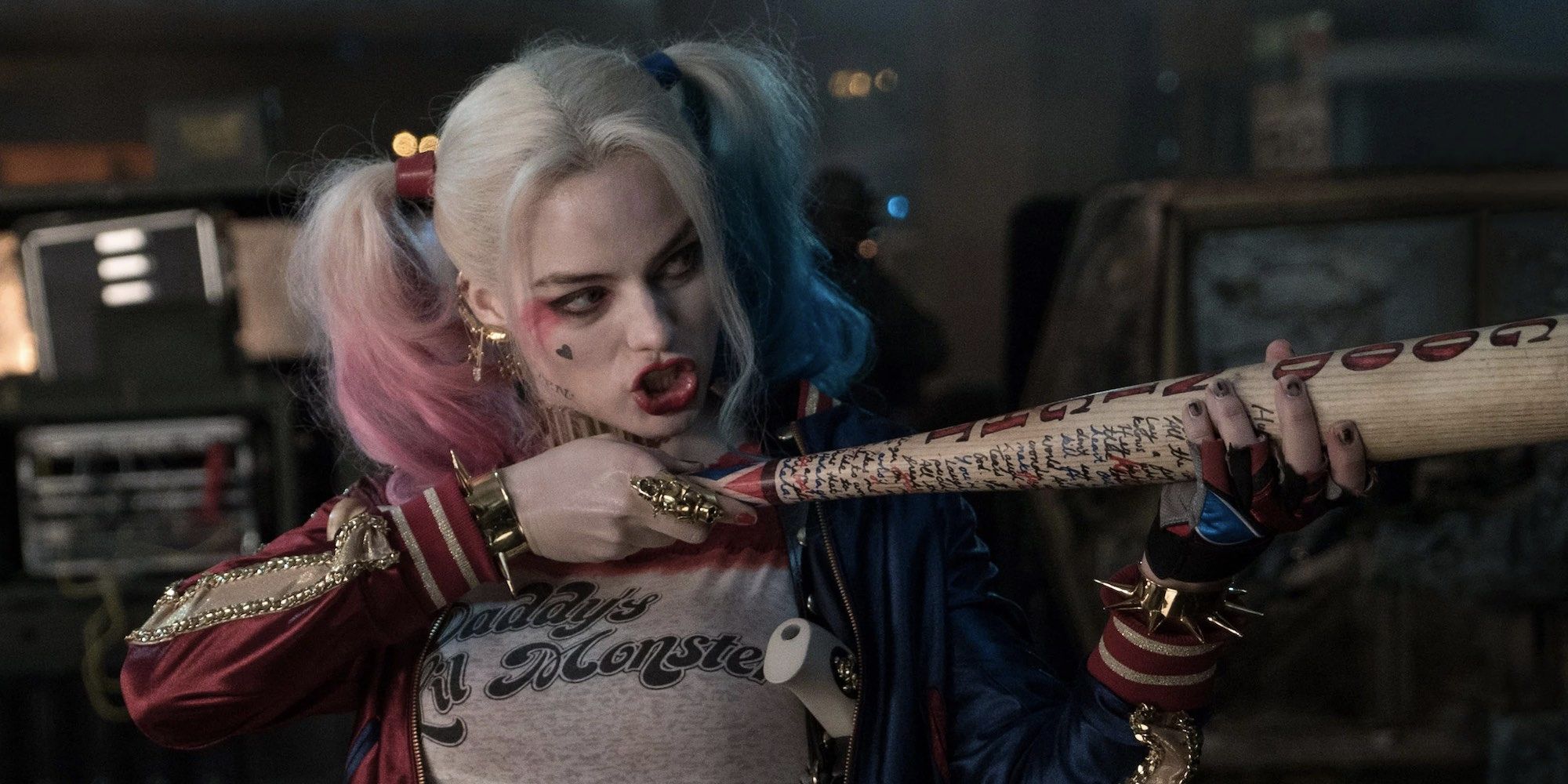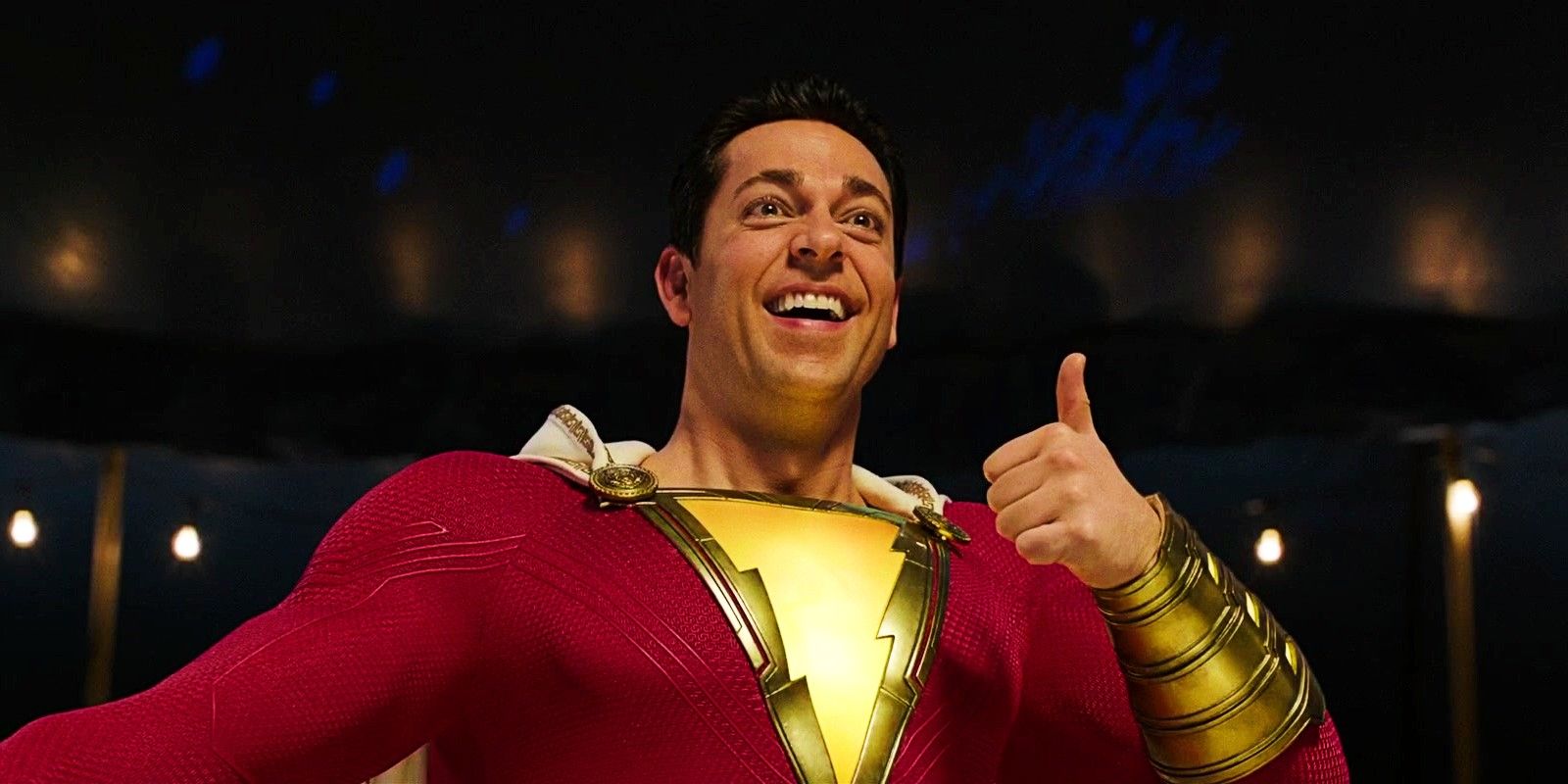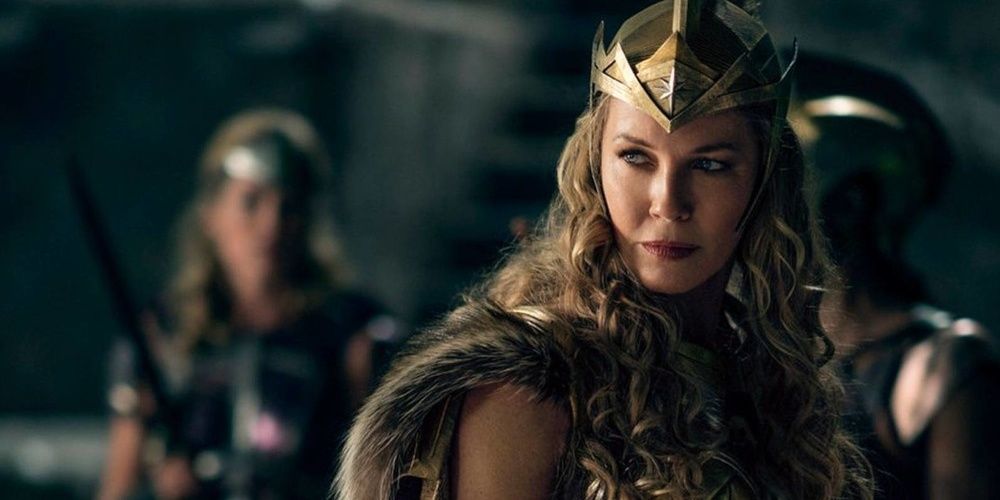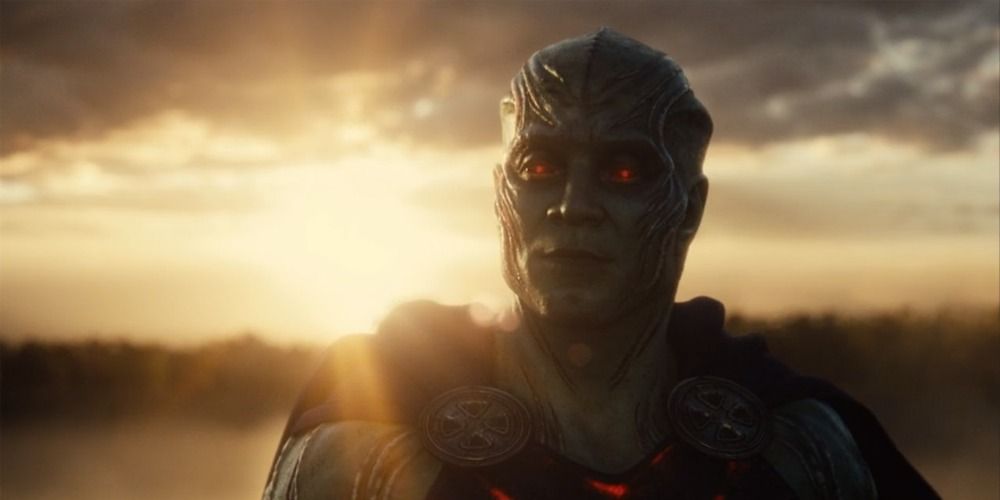The DC Extended Universe's heroes all have diverse backgrounds and powers. These cultural differences also contribute to some unique names. For instance, Superman's real name Kal-El is Kryptonian in nature that otherwise resembles a few Hebrew terms. Similarly, characters like Wonder Woman and Shazam are christened after Greco-Roman divinities.
The linguistics and mythological history aside, these names also have other metaphorical meanings that directly correspond to their personality traits. Here is a detailed analysis behind the etymology of the names of the six members of the Justice League along with their heroic peers in the cinematic universe.
Wonder Woman/Diana Prince
Given how Wonder Woman's origins pertain to Greek mythology, it wouldn't be surprising to find her named after a goddess. However, in this case, the name Diana refers to the goddess of hunting and wild animals in the Roman pantheon, the equivalent of the Greek deity Artemis. The name originates from two Latin words, dium (sky) and dius (daylight).
In modern times, the word Diana is also equated with 'divine'. Diana didn't really have a last name but rather, she took up Prince as an identity to fit in amongst humans. Otherwise, in her native island of Themysiraa, she was mostly referred to as Princess Diana.
Batman/Bruce Wayne
The etymology of Batman is pretty evident given how the masked vigilante dresses up in a bat-like cowl. As for his first name Bruce, the name bears Norman and Scottish roots. One of the earliest inheritors of the name in recorded history would be Robert the Bruce, the king who led Scotland during the First War of Scottish Independence against Britain. In the medieval ages, it was mostly used as a surname as compared to its modern-day usage.
As for Wayne, the name originates from Old English and originally translated to 'wagon maker'. While Wayne Enterprises don't deal with vehicles, the name still suits them for their work as industrialists.
Superman/Kal-El
Superman was introduced in the comics as a man above all others in terms of physical strength. The word 'super' in itself was used in medieval Latin to signify anything that 'above' or 'over' others. The prefix's usage is evident in modern words like 'supervise' or 'superior'.
Superman's original name Kal-El traces its genesis from the fictional planet of Krypton with his father Jor-El also sharing a similar suffix in his name. In fact, 'El' means 'of God' in Hebrew with some also interpreting Kal-El as 'Voice of God'. This name suits Superman given how he's perceived as a god-like figure on Earth.
Cyborg/Victor Stone
Victor Stone took up the identity of Cyborg after being resurrected with a cybernetic body. Despite his superhero alias, he also has a few organic physical features and human emotions. The word cyborg in itself is an amalgamation of the English words 'cyber' and 'organism'.
A Latin word in its essence, the word Victor meant a winner or a conqueror. The name is also popular as 'Viktor' in Russian and Eastern European countries. Stone, on the other hand, is a surname of Anglo-Saxon origin with its other present-day derivative names being Stein, and Stein.
The Flash/Barry Allen
The scarlet speedster Flash's alter ego is Barry Allen with Barry being a shortened form of Bartholomew. His birth name comes from Jewish traditions with Aramaic roots. More specifically, it refers to the 'son of Talmai'. Bar happens to be the Aramaic word for son while talmai might either refer to a furrow (telem being the Aramaic equivalent) or a Hebrew version of Ptolemy. In the Bible, Bartholomew is also one of Jesus's 12 Apostles.
Allen was originally a Celtic name from Ireland that originally had varied meanings like 'harmony' or 'little rock'. As for his superhero name, it clearly stands for flashes of lightning.
Aquaman/Arthur Curry
Being the king of the mythical underwater kingdom of Atlantis and wielding a trident as a weapon, Aquaman gives off an uncanny resemblance to Poseidon, the Greek God of the Seas. The word 'aqua' similarly is of Greek origin, meaning water. His Anglicized name Arthur seems to be a nod to King Arthur, the British monarch from Welsh and English folklore. Aquaman's trident can even be equated to King Arthur's sword Excalibur.
Arthur retains his last name from his human father Thomas Curry. The name Curry along with variants like Corre, Currie, and Currey originate from the British Isles.
Harley Quinn
Harley Quinn was introduced in the DCEU as Arkham Asylum psychiatrist Dr. Harleen Quinzel. The antiheroine's reborn identity is clearly a subtle reference to her real name. But the new name is also born out of the word 'harlequin'. The identity of a harlequin makes more sense given how she was introduced as an accomplice to the Joker.
Similar to the role of a jester, a harlequin served as a 'comic servant' in Commedia dell'arte, a form of Italian professional theatre prevalent from the 16th to the 18th century. These characters were usually used for comic relief in a play and donned chequered costumes.
Shazam!/Billy Batson
Also known as Captain Marvel, Shazam's name is an acronym for six mythological figures from whom he derives his powers. These six 'Immortal Elders' include Solomon, Hercules, Atlas, Zeus, Achilles, and Mercury.
Solomon was a Biblical king and the son of David. Hercules was a Greek/Roman hero known for her performing 12 daunting tasks known as 'labors'. Atlas was a Titan from Greek mythology who was cursed with lifting Earth on his shoulders. A popular figure in fantasy and the father of Hercules, Zeus was the king of all Greek gods. Achilles was a valiant warrior and a hero of the Trojan War in Homer's epic poem Iliad. Lastly, Mercury served as the messenger of all gods in Roman legends.
Hippolyta
The DCEU's version of Hippolyta is more or less similar to her Greek mythological counterpart. In both cases, Hippolyta was the queen of the female warriors known as the Amazons. She's most popularly known in the Herculean legend in which Hercules was tasked with stealing her girdle.
Even though the myths assign her to be married to the Greek hero Theseus, DC's Hippolyta is shown to have conceived a child with Zeus. This child turns out to be Wonder Woman. William Shakespeare also popularized the figure by featuring her in Greek mythology-inspired comedy A Midsummer's Night Dream.
Martian Manhunter/Calvin Swanwick
Martian Manhunter debuted in Man of Steel under the guise of US Army official Lieutenant General Colin Swanwick. After revealing his true nature, he picks up the superhero name Martian Manhunter.
The 'Martian' in his name references his origin from Mars with his native name being J'onn J'onnz. His DCEU appearance is pretty brief. So, it's unclear why he uses Manhunter in his title. However, in the comics, he starts his life on Earth as police detective John Jones. As he debuted in the 50s, 'manhunter' used to be a popular slang back then for detectives. And that is how the name stuck.

